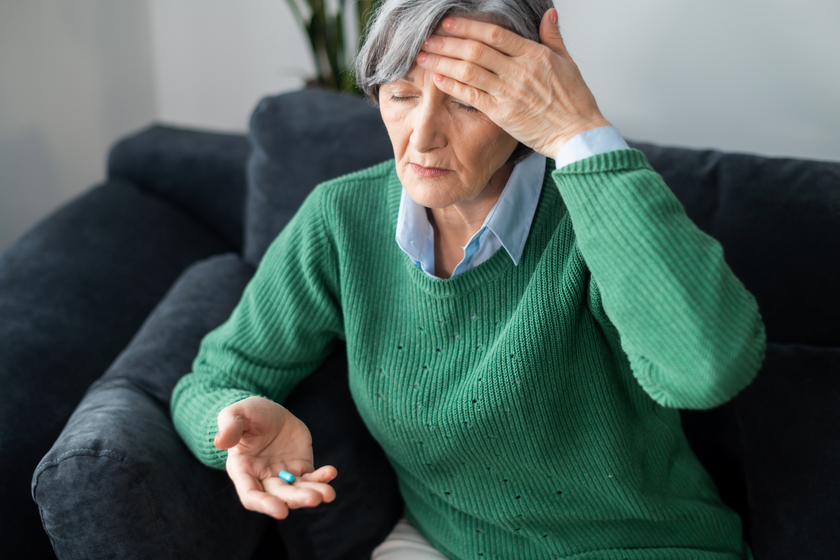As our loved ones age, it becomes important to monitor their well-being closely. Sometimes, signs of deterioration in elderly individuals can be subtle and easy to miss. Being aware of these changes allows for timely intervention and enhanced caregiving. In this article, we’ll discover the common indicators of decline and provide insights into how you can support your elderly family members.
Changes in Physical Health
One of the primary indicators of deterioration in elderly individuals is changes in physical health. This can manifest in various ways:
- Unexplained Weight Loss: Sudden or gradual weight loss without changes in diet or exercise habits.
- Fatigue and Weakness: Increased tiredness or a noticeable decrease in strength and stamina.
- Mobility Issues: Difficulty in walking or performing daily activities independently.
- Decline in Personal Hygiene: Neglecting grooming habits or difficulties in maintaining cleanliness.
Cognitive Decline
Another significant aspect to monitor is cognitive function, which can deteriorate with age:
- Memory Loss: Forgetting recent events or struggling to recall names and details.
- Confusion: Disorientation in familiar surroundings or difficulty following conversations.
- Impaired Judgment: Making poor decisions or showing decreased problem-solving abilities.
- Mood Changes: Uncharacteristic mood swings, irritability, or increased anxiety.
Emotional and Behavioral Changes
Deterioration in mental health and emotional well-being can also occur:
- Withdrawal: Becoming socially isolated or less interested in hobbies and activities.
- Increased Dependency: Needing more assistance with daily tasks or feeling overwhelmed.
- Changes in Appetite: Loss of interest in food or significant changes in eating habits.
- Sleep Disturbances: Difficulty falling asleep, staying asleep, or sleeping excessively.
Medical and Functional Challenges
Certain medical conditions or functional limitations may signal deterioration:
- Chronic Pain: Persistent pain that affects mobility and quality of life.
- Vision and Hearing Loss: Difficulty seeing or hearing, which can impact safety and communication.
- Medication Issues: Mismanagement of medications or adverse effects from drug interactions.
- Frequent Falls: Increased risk of falls or accidents due to balance problems.
Communication and Observation
Effective caregiving involves keen observation and clear communication:
- Regular Check-ins: Schedule regular visits or calls to monitor changes in behavior and health.
- Open Dialogue: Encourage honest conversations about concerns and preferences.
- Consultation with Healthcare Providers: Seek professional advice to address specific health issues or changes.
Providing Support and Assistance
Supporting elderly loved ones through deterioration involves compassion and practical assistance:
- Home Modifications: Adapt living spaces for safety and accessibility.
- Caregiver Resources: Explore local support groups, respite care options, or home health services.
- Emotional Support: Offer companionship, encouragement, and empathy during challenging times.
Supporting Elderly Loved Ones Through Subtle Signs of Deterioration
Recognizing the subtle signs of deterioration in elderly loved ones is key for proactive caregiving and ensuring their well-being. By staying vigilant and responsive to changes in physical health, cognition, behavior, and overall functioning, you can tell if your aging loved one needs help and provide the necessary support and assistance. Early intervention often leads to better outcomes and an enhanced quality of life for elderly family members.
In our community, we are dedicated to providing the comprehensive care and support your loved one needs. Our professional team is trained to observe and address changes in health and behavior, offering personalized care plans and compassionate assistance. With a range of services and amenities designed to promote well-being and independence, we strive to create a nurturing environment for our residents.
Contact us to learn more about how we can support your loved one through these changes and enhance their quality of life.







